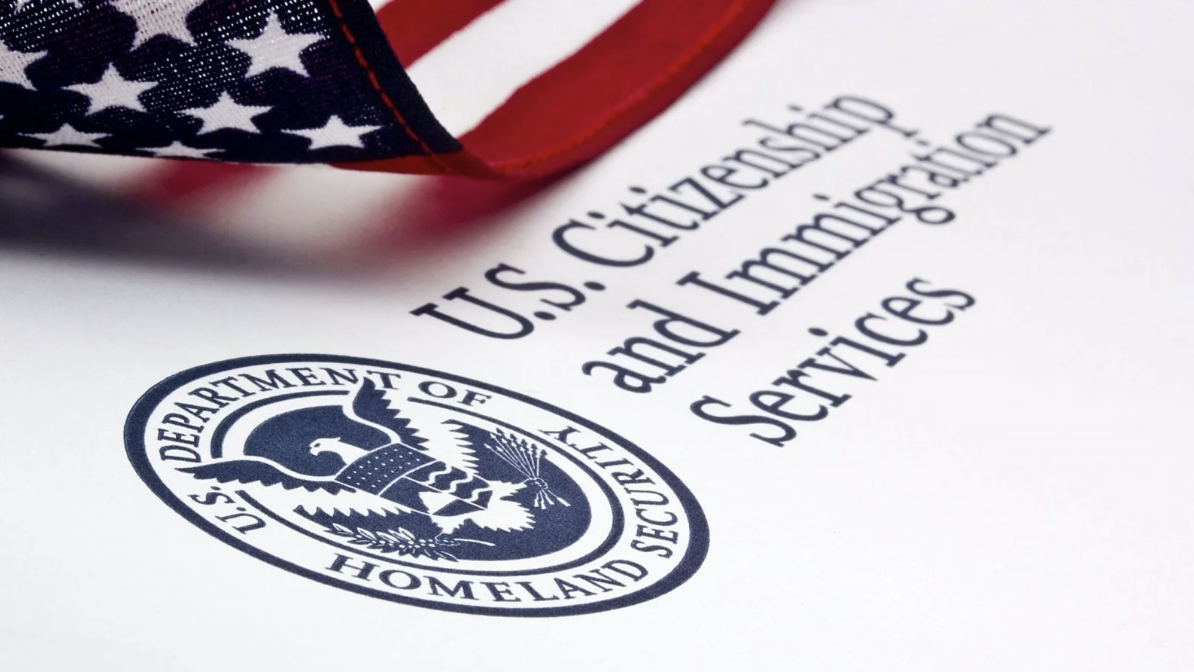Language Services: The September Shake-Up of 2025
September didn’t wait for permission – it rewrote the rules.
While most of the country was focused on fall launches and Q4 planning, language access underwent a seismic policy shift that’ll ripple through immigration offices, criminal courts, and compliance departments for months to come.
Here’s what you need to know.
Policy Shifts That Actually Matter
USCIS Pulls the Plug on Free In-House Interpreters

Effective September 28, USCIS officially ended free interpreter services at field offices nationwide.
What changed:
- Applicants must now bring their own qualified interpreter (or an adult companion fluent in English) to interviews and appointments
- No more last-minute reliance on government-provided language support
- Immigration attorneys, case managers, and community organizations need vendor coverage lined up now
Why it matters: This isn’t a budget footnote – it’s a fundamental shift in who bears the cost and responsibility for language access in federal immigration proceedings. Expect a surge in demand for certified interpreters who can handle USCIS interviews, asylum hearings, and naturalization appointments.
Michigan Considers Interpreter-Fee Protections in Criminal Courts

A new proposal is making its way through Michigan’s legislative pipeline that could bar courts from charging non-English-speaking defendants for interpreter services in criminal cases.
Currently, some jurisdictions pass interpreter costs onto defendants – a practice advocates argue creates a two-tiered justice system.
What’s on the table:
- Eliminating interpreter fees for defendants in criminal proceedings
- Shifting funding burden to courts and state budgets
- Potential downstream impacts on staffing, vendor contracts, and interpreter pay rates
If Michigan moves forward, expect other states to follow. This could reshape how criminal courts budget for language access – and create new funding streams (or bottlenecks) for court interpreters nationwide.
Track this one closely if you work in legal interpretation or court administration.
The Digital Signature Debate: What's Real, What's Rumor
USCIS Translation Rules and the Scanned Signature Question
Headlines circulated in September claiming that USCIS now accepts digital signatures on translator certifications – as long as they’re affixed by the translator (not just typed names).
What we know:
- Reports suggest scanned or digitally affixed signatures may be acceptable
- Plain typed names (without a signature image) are still flagged
- No official USCIS memo or policy update has been published yet
Our take: Treat this as informational until you see it in writing from USCIS directly. Don’t risk a rejected application based on secondhand guidance.
The Bottom Line
Policy changes don’t wait for you to catch up. The USCIS interpreter shift is already in effect. Michigan’s proposal is moving through the legislature. And translation standards are evolving in real time.
If you’re scrambling to figure out what this means for your clients, your cases, or your business – you’re not alone.
The Language Doctors helps organizations navigate language access policy changes with clarity and confidence. From certified document translation to on-site and virtual interpretation in 200+ languages, we’ve got you covered – courtroom, clinic, or USCIS field office.
Need a vetted interpreter for an upcoming USCIS interview? Wondering if your translations meet the latest standards?
Contact us today: https://thelanguagedoctors.org/
We speak your language. And we know the rules.


